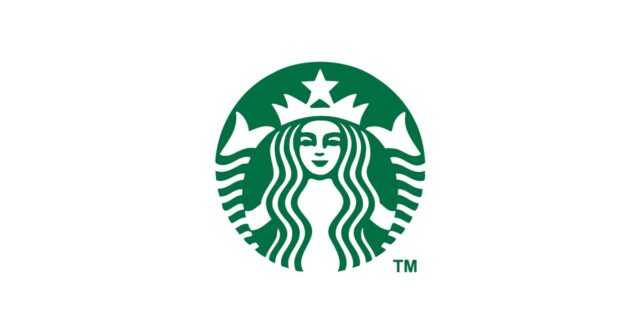MILAN – Following the much-discussed report from UK Channel 4 on coffee growing and child labor in Guatemala, Starbucks Coffee Company has issued the following statement to its partners, customers and all stakeholders.
On March 2, a UK Channel 4 news show called Dispatches will air a program focused on child labor on coffee farms in Guatemala. Starbucks is one of the companies called out in the show. We take allegations like these extremely seriously, as we have zero tolerance for child labor anywhere in our supply chain.
We were deeply concerned when the show’s producers told us about the three farms they visited that may sell to Starbucks and what they witnessed. We immediately launched an investigation and confirmed that we have not purchased coffee from the farms in question during the most recent harvest season.
We remain concerned and are taking action due to the fact that these farms were verified in 2019 to conform to our ethical sourcing standards, which are the most comprehensive in the coffee industry.
As soon as we get an allegation of a violation of zero-tolerance standard like child labor, we stop any plans to purchase coffee from farms in question until we can verify that they are in full compliance with our stringent ethical sourcing requirements.
We have a long history of working to support coffee farmers in Guatemala, and we care deeply about the well-being of the coffee farming communities there. To further support this community, we are taking these additional steps in 2020.
- First, we commit to increasing the frequency of third-party audits on C.A.F.E. Practice-verified farms not just in Guatemala but throughout the world, which includes new measures to ensure both announced and unannounced inspections.
- Second, we recommit to an Emergency Relief Fund to be paid in 2020 to farmers in Guatemala who sell coffee to Starbucks.
- Third, we commit to a community investment of social service resources to be developed in partnership with others in Guatemala.
- And finally: we commit to support farmers and their communities through piloting regional community and childcare centers.
Our ethical sourcing program is best in class, always with scrutiny for continual improvement. Our Coffee and Farmer Equity Practices, or C.A.F.E. Practices, program is the cornerstone of our approach to ethical sourcing. This comprehensive and transparent program was developed in 2004 in partnership with Conservation International and defines comprehensive social, environmental and economic coffee sourcing standards.
With learning and continual improvement over nearly two decades, C.A.F.E. Practices today has more than 200 indicators to evaluate a farm’s performance against social, environmental and economic practices. During on-site auditing, third-party verification organizations evaluate farms against numerous positive measures in order to achieve C.A.F.E. Practices verification.
The auditors also evaluate against 22 “zero tolerance” standards, including zero tolerance for child labor, that must be met for farms to be part of the C.A.F.E. Practices program. If any one of these 22 standards is not met, the farm does not qualify.
Full C.A.F.E. practice scorecards are publicly available, and more about Starbucks comprehensive approach to ethical coffee sourcing and farmer support is here on Starbucks Stories. Additionally, here is our policy on global human rights, which underscores our commitment to treating everyone with dignity and respect.
Through nearly two decades of auditing farms, evaluating results, and strengthening our auditing standards and practices to be among the most stringent in the industry, we’ve gained valuable insights into what support coffee farmers need.
To that end, in addition to paying premiums for our coffee, we make a range of resources available so that farmers’ livelihoods and quality of life can improve alongside their coffee yields and coffee quality. These include agronomy support, support in improving on C.A.F.E. Practice standards, disease-resistant coffee trees, relief funds, loans, and Starbucks Foundation grants to nonprofit organizations that promote economic opportunities for women and families in coffee-growing communities.
We know our actions are meaningful for coffee communities, and we also know it’s vital for us and other coffee companies to continually commit to do more to support the future of coffee for all.

















